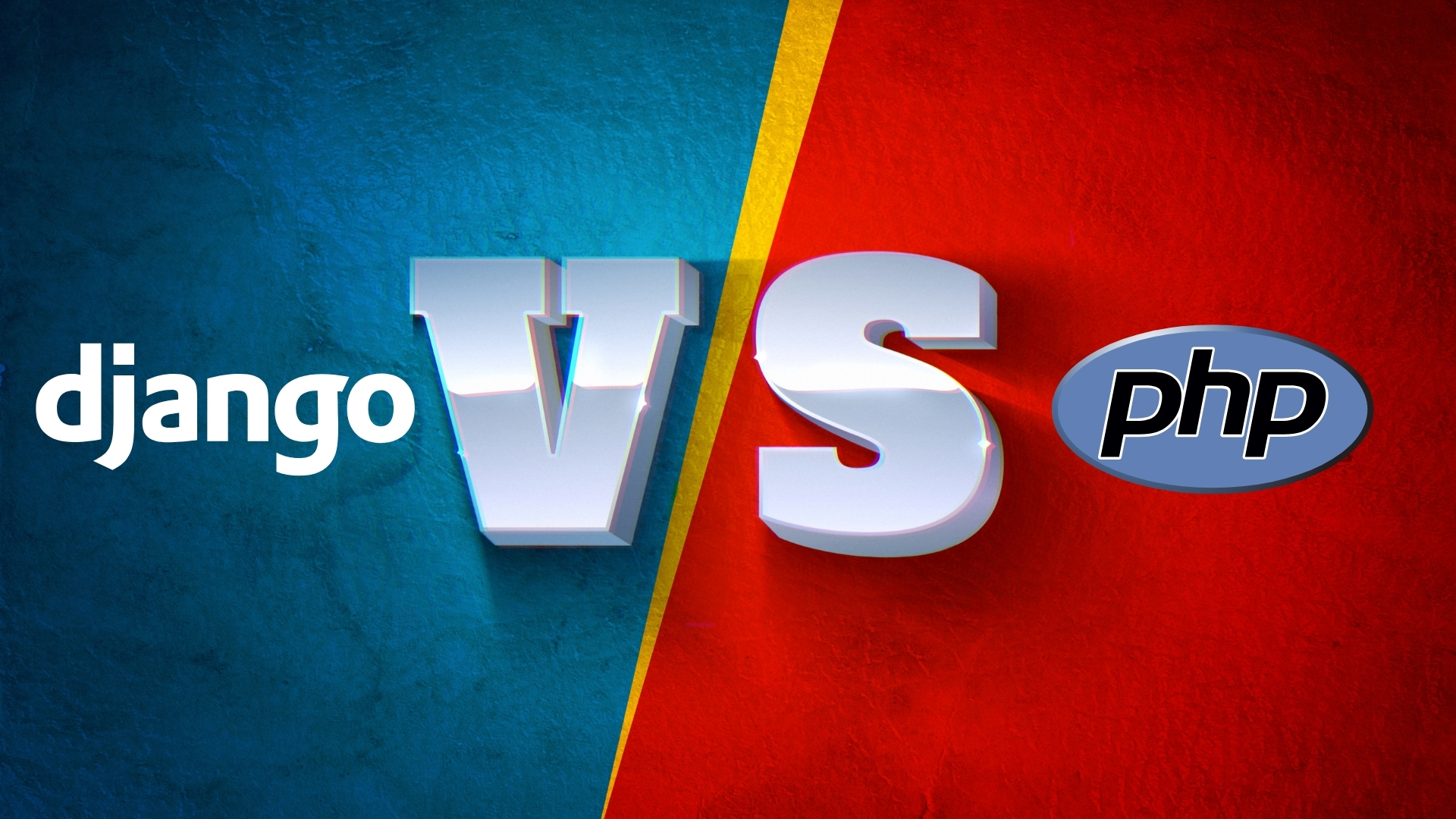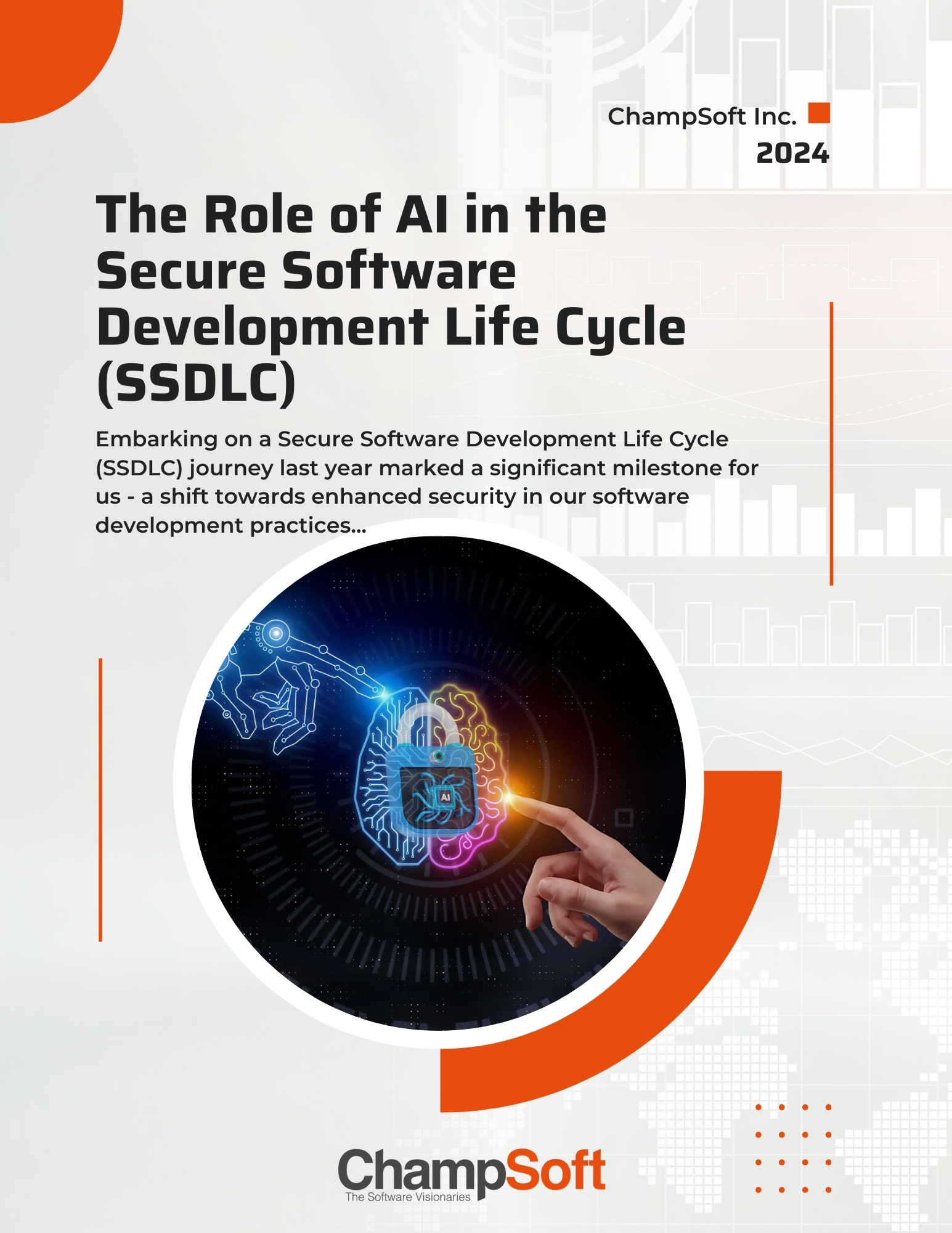Choosing between Django vs PHP is a critical decision in modern Web Development. Both technologies are widely used for building dynamic web applications and web solutions, but they serve different needs, project scopes, and developer preferences.
Whether you’re starting a small site or working on a large-scale enterprise software project, understanding their key differences will help you make the right choice. This guide explores Django and PHP in detail—covering their features, advantages, and direct comparison—so you can confidently select the technology that best fits your needs.
What Is Django in Web Development?
High-level Python web framework Django adheres to the “batteries-included” concept. It’s designed to make web development faster and more reliable by promoting the DRY (Don’t Repeat Yourself) principle. This allows developers to create clean, maintainable codebases for various web applications.
Key Features of Django
- Web framework with inbuilt features: Authentication, admin panel, URL routing, file uploading, and a powerful templating engine.
- Object-Relational Mapping (ORM): Lets developers work with databases using Python instead of raw SQL.
- Cross-platform support: Runs seamlessly on Windows and Linux, offering deployment flexibility.
- Scalability: Modular architecture makes it suitable for enterprise-level web solutions.
- Security: Integrated defenses against CSRF, XSS, and SQL injection attacks.
- Rapid development: Automates common tasks, accelerating project delivery.
Advantages of Django
- Encourages reusable and efficient coding practices.
- Best suited for complex, data-heavy software and applications.
- Backed by an active community and extensive documentation.
- Large online apps are simple to update and manage.
What Is PHP in Web Development?
One of the most widely used server-side scripting languages is PHP (Hypertext Preprocessor), which is widely utilized in PHP development for dynamic websites and web applications. It integrates directly with HTML, making it a strong choice for building software that powers content-driven platforms.
Key Features of PHP
- Server-side execution: PHP scripts run on servers to generate dynamic page content.
- Return types and scalar type hinting: improved type safety and general PHP programming techniques, first introduced in PHP 7.
- Cross-platform compatibility: Works across Linux, Windows, and macOS.
- File uploading support: Simplifies handling files in web applications.
- Database flexibility: Connects with MySQL, PostgreSQL, SQLite, and more through SQL or ORM tools.
- Client-side integration: Works seamlessly with HTML and JavaScript to create interactive front-ends.
Advantages of PHP
- Ease of learning: Perfect for beginners exploring PHP basics.
- Massive community support: Access to extensive documentation, libraries, and PHP frameworks.
- Performance upgrades: PHP 7+ offers significant speed improvements.
- Cost-effective: Open-source with affordable hosting options, ideal for budget-friendly web solutions.
Django vs PHP: A Detailed Comparison
Here’s a side-by-side comparison of Django vs PHP to help you quickly identify their strengths:
| Feature | Django (Python Framework) | PHP (Scripting Language) |
| Language | Python | PHP |
| Type Hinting | Native support in Python | Scalar type hinting & return type support |
| Framework Nature | Full-stack web framework | Language used with frameworks (e.g., Laravel) |
| Performance | Strong, though Python can be slower | Improved drastically with PHP 7+ |
| Ease of Use | Steeper learning curve | Easier for beginners (PHP basics) |
| Scalability | Highly scalable for enterprise software | Scalable, but complexity increases with size |
| Security | Strong built-in protections | Depends on framework (e.g., Laravel) |
| Community | Active Python developer community | Massive global PHP developer base |
| Use Cases | Data-driven apps, SaaS platforms, dashboards | CMS, eCommerce, content-driven sites |
| File Uploading | Built-in support | Managed via PHP functions |
Which One Should You Choose in 2024?
The priorities of your project will determine whether to use PHP or Django:
- Choose Django if you need rapid development, strong security, and scalability. It’s perfect for complex, data-centric web applications, SaaS products, and projects requiring advanced ORM and abstraction from raw SQL.
- Choose PHP if you want an accessible, cost-effective option with seamless HTML integration and simple PHP coding practices. It’s best for CMS, eCommerce platforms, and dynamic websites that rely heavily on PHP functions and PHP frameworks.
Final Thoughts
Both Django and PHP have earned their place in Web Development and remain popular choices for building powerful web solutions.
Your decision should align with:
- Project size and complexity
- Team expertise in developers and programming languages
- Long-term scalability and maintenance requirements
Whether you’re prototyping a small website or building enterprise-grade software, both technologies can deliver reliable, future-proof web applications.
FAQ’s
Is Django better than PHP for beginners?
Django has a steeper learning curve due to Python and its framework structure, while PHP basics are easier for beginners to grasp quickly.
Can PHP match Django in terms of security?
PHP security depends largely on the chosen PHP frameworks and developers’ best practices, whereas Django offers stronger built-in protections by default.
Which is faster, Django or PHP?
PHP development has seen a notable increase in performance with PHP 7+. Django is also efficient, but Python can be slower in raw execution compared to PHP coding.
When should I use Django instead of PHP?
Choose Django for data-heavy web applications, SaaS platforms, and projects where ORM, scalability, and structured software development are top priorities.







